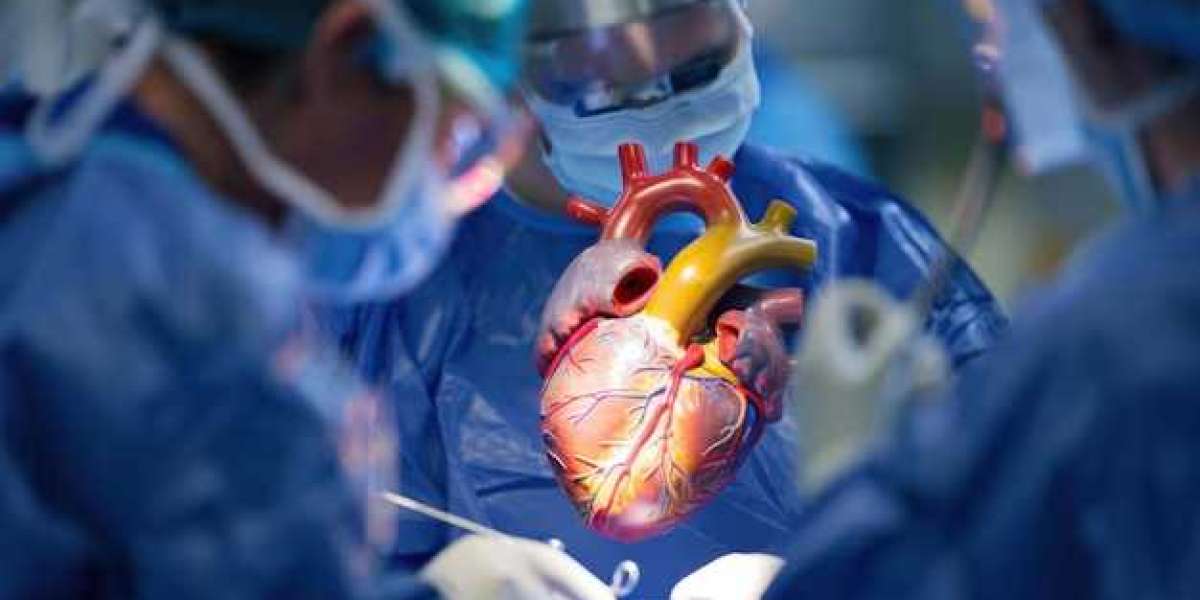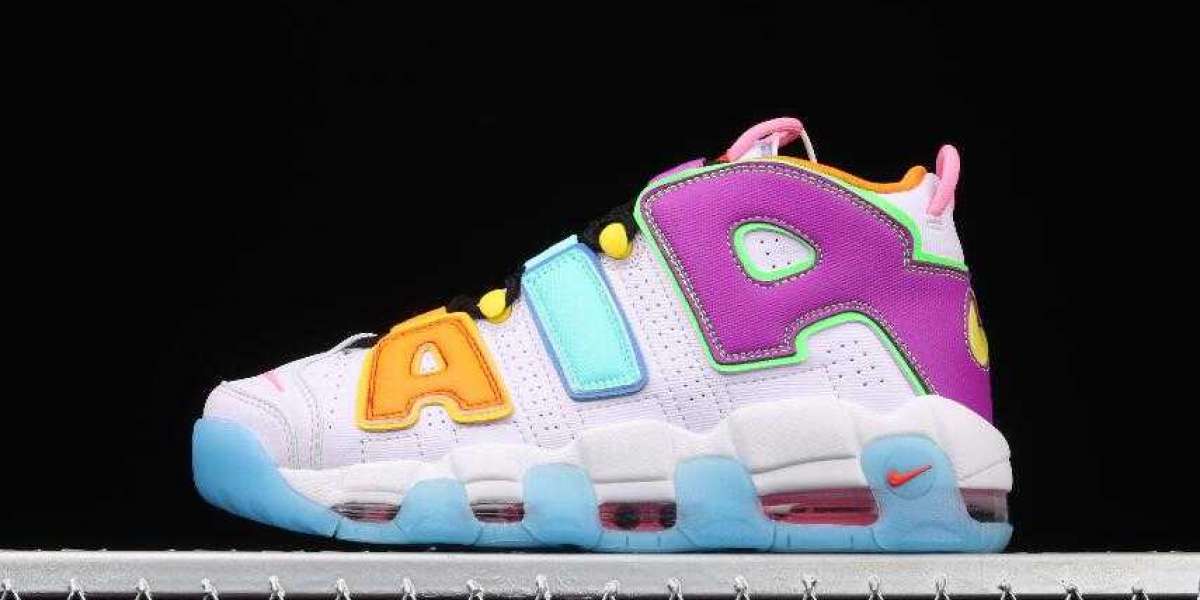The implantation of an Implantable Cardioverter Defibrillator (ICD) is a significant medical procedure aimed at regulating and stabilising heart rhythms. ICD devices are especially beneficial for patients at risk of life-threatening arrhythmias, such as ventricular tachycardia or fibrillation. ICD implant surgery in UAE have gained widespread adoption due to the advancement in cardiac care and technology available. Institutions like TheHeart.ae offer exceptional expertise and comprehensive support, ensuring patients receive world-class care from diagnosis through to post-operative recovery.
What is an ICD Implant?
An Implantable Cardioverter Defibrillator (ICD) is a small device that is surgically implanted under the skin, usually in the upper chest. Its purpose is to monitor the heart’s rhythm and, if it detects any irregular, life-threatening heartbeats, to deliver a shock to restore a normal heartbeat. Unlike pacemakers, which regulate the heart rate continuously, an ICD activates only when an abnormal rhythm is detected, ensuring immediate intervention when necessary. The device is particularly essential for individuals at risk of sudden cardiac arrest due to severe arrhythmias.
The ICD Implantation Procedure
The ICD implantation is a straightforward surgical procedure, typically performed under local anaesthesia with conscious sedation to ensure the patient remains comfortable and relaxed. The process can be summarised as follows:
- Preparation and Sedation: The patient is prepared for the procedure by attaching monitoring devices, which allow the surgical team to observe heart rate, blood pressure, and oxygen levels. Sedation is administered to help the patient relax, although they will be awake for most of the surgery.
- Incision and Device Placement: A small incision, usually around 5-10 cm, is made under the collarbone. Through this incision, the surgeon will create a small pocket in the chest to house the ICD device.
- Electrode Lead Insertion: One or more leads (thin, flexible wires) are then threaded through a vein and positioned inside the heart chambers. These leads connect the ICD to the heart and transmit information about the heart’s electrical activity to the device. The surgeon may test the device briefly to ensure the leads are accurately positioned and functioning as intended.
- ICD Connection and Closure: Once the leads are positioned, they are connected to the ICD device, which is then placed within the chest pocket. The incision is carefully closed with stitches, and the site is bandaged to protect it as it heals.
The entire procedure usually takes between one and two hours, depending on the patient’s condition and the complexity of the case. Most patients can return home within 24 to 48 hours following surgery, provided there are no complications.
Post-Operative Care and Precautions
The period following ICD implantation is crucial for recovery and for the device to start functioning optimally. Patients in the UAE are supported by services like those at TheHeart.ae, where doctors ensure thorough follow-up care and patient education. Post-operative care includes the following considerations:
- Initial Recovery
- Rest and Activity: For the first week after surgery, patients are encouraged to limit physical activity and avoid heavy lifting to prevent disrupting the healing of the incision site. Raising the arm on the side of the ICD implant should be restricted to prevent the leads from shifting.
- Incision Care: Keeping the incision site clean and dry is essential to avoid infection. Patients should avoid direct water contact on the wound during showers and should carefully monitor for any signs of redness, swelling, or discharge.
- Pain and Discomfort Management
Mild discomfort or pain around the implant site is common in the days following the surgery. Over-the-counter pain relief medications are usually sufficient. However, patients should consult their doctor before taking any medication and report if pain persists beyond a week.
- Follow-Up Visits
After the ICD is implanted, regular follow-up visits are essential to ensure the device is functioning correctly. Doctors typically perform a device check after a few weeks and may conduct periodic tests to evaluate both the ICD's performance and the condition of the leads. Advanced facilities like TheHeart.ae provide remote monitoring options, allowing doctors to assess the device's function without requiring the patient to visit the clinic.
- Lifestyle Adjustments
ICD implant surgery in UAE requires some lifestyle changes to ensure both the device’s longevity and the patient’s health. Some common precautions include:
- Avoiding Strong Electromagnetic Fields: Strong electromagnetic fields, like those from large industrial equipment or MRI machines, can interfere with ICD function. Patients should inform healthcare providers about their ICD before any diagnostic procedures, and they should avoid keeping electronic devices, like smartphones, close to the device.
- Physical Activities and Sports: While most daily activities are safe, patients should avoid contact sports that could damage the ICD. Exercise is encouraged, but it is important to consult a doctor regarding which activities are safest.
- Travel Considerations: Patients with an ICD can travel safely, but they should carry a medical ID card to inform others about the device in case of emergency. Additionally, it is advisable to inform security personnel at airports about the ICD, as some security devices may trigger an alert.
- Psychological Support and Adjustment
Many patients experience emotional adjustments following ICD implantation. It is natural to feel anxious or worried about the device’s function, especially as it directly impacts heart health. Support from family, friends, and mental health professionals can be invaluable in helping the patient adapt to life with an ICD. Cardiology centres like TheHeart.ae often provide resources, including counselling services, to assist patients in managing any post-surgery anxiety.
- Device Maintenance and Replacement
ICD batteries last between five to seven years, after which a replacement surgery is required. This procedure is generally less invasive than the initial implantation. Patients should also be aware of possible device recalls, and regular check-ups will help detect any potential malfunctions early.
Why Choose ICD Implant Surgery in the UAE?
The UAE has a highly advanced healthcare infrastructure, with state-of-the-art cardiac care facilities and skilled cardiologists. The combination of expertise, technology, and patient-focused care makes an attractive destination for ICD implant surgery in UAE. TheHeart.ae is one of the leading providers of cardiac treatments in the UAE, with experienced specialists who ensure every aspect of patient care — from the initial consultation to post-operative support — is meticulously managed.
In addition to expertise, TheHeart.ae offers cutting-edge technology and a compassionate, patient-centred approach that prioritises comfort and long-term health. With remote monitoring options, comprehensive follow-up care, and expert guidance, TheHeart.ae ensures ICD patients receive continuous support.
Conclusion
ICD implant surgery in UAE can be life-saving for individuals with serious arrhythmias, offering them a way to manage heart health proactively and prevent sudden cardiac events. In the UAE, renowned centres like TheHeart.ae provide comprehensive services for ICD implantation, including detailed post-surgical care and support to help patients lead fulfilling lives with confidence in their cardiac health. With proper care, attention to lifestyle adjustments, and regular follow-up, patients can look forward to a healthier, more secure future post-ICD implantation.



